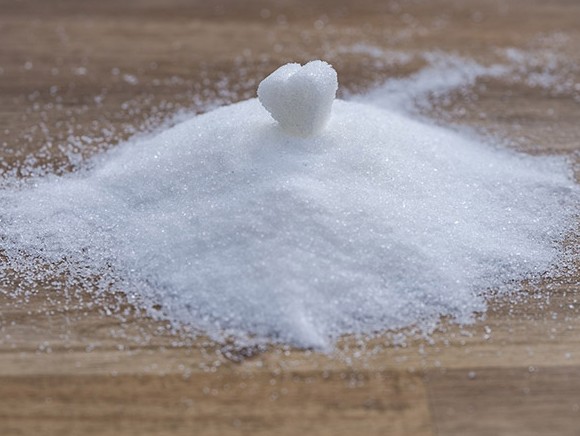
The Netherlands is one of the top 10 countries with the highest sugar consumption. 77% of all Dutch people believe that sugar is addictive (to a greater or lesser extent), but so far consumers do not appear to be particularly averse to sugar in terms of what they actually buy.
The recommended dietary allowance for sugar is 50 grams per day (one sugar cube weighs 4.4 grams), yet on average Dutch people consume around 102.4 grams of sugar per day. There is a growing focus on sugar in food, but only half of all consumers say that they regularly or always check the sugar content when buying food or drink products, according to research by GfK into shoppers’ attitudes and behaviour with respect to sugar.
When it comes to sugar intake, the calorific content and obesity are the biggest concerns. People’s views of sugar vary from one product category to another. In the case of soft drinks, consumers are fairly conscious of the amounts of sugar and sweeteners. When buying ‘sweet treats’ such as chocolate, biscuits and ice cream, two thirds of shoppers never check the sugar content and simply accept that it is one of the ingredients. In the confectionery category, tooth decay is the biggest concern.
It is easy to reduce sugar consumption: simply eat products with a high sugar content less often. When the consumer consciously opts for a sweet product containing sugar, the actual amount doesn’t seem to be an issue.
Shoppers aren’t keen on the idea of sugar substitutes. In fact, half of all consumers think that artificial sweeteners are bad for you.
A third of Dutch consumers intend to pay closer attention to sugar levels in the future. The rest of them no longer know what to believe about sugar and say that the information about the amount of sugar in products is often confusing.
Source: FD Research, EHLA, Euromonitor
© Gfk
Source: © Pixabay